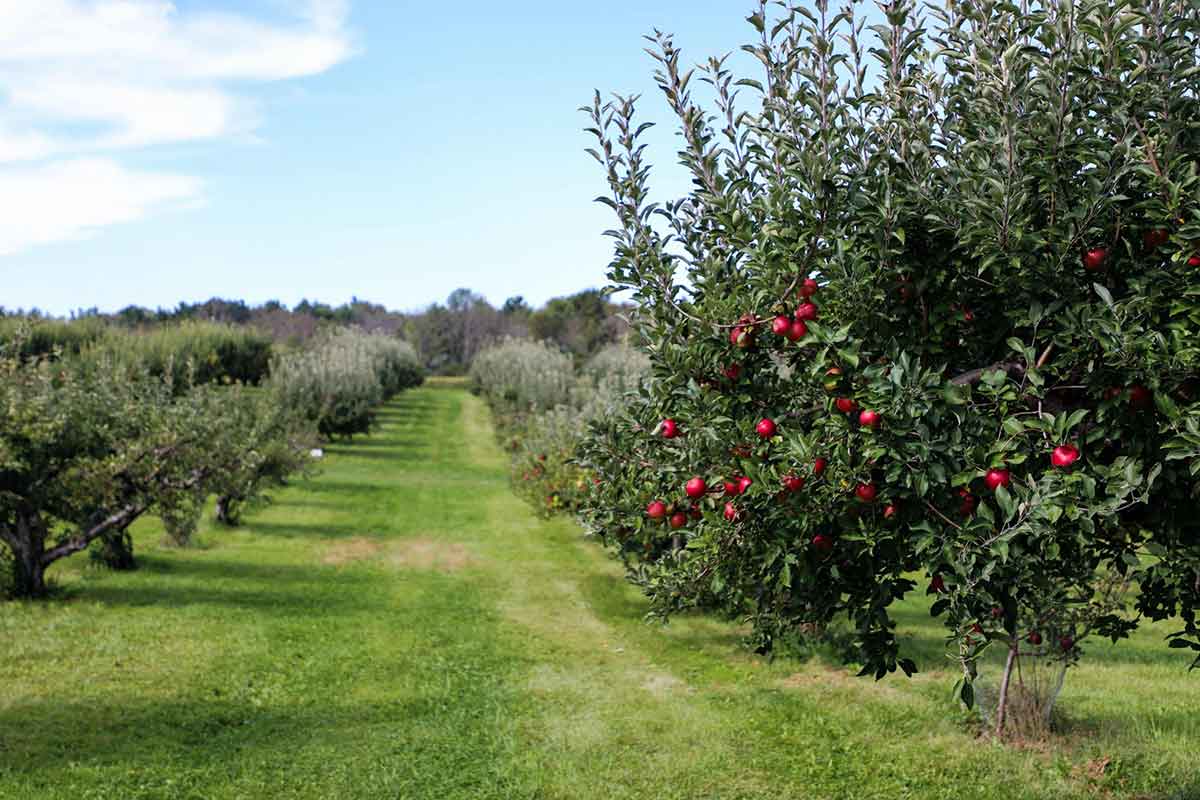Are Electric Tractors Closer Than We Think?
Picture a farm where electric agricultural vehicles (some autonomous, some conventional) are connected to charging points in solar-powered machinery sheds. This is exactly the type of scenario the National Farmers’ Union imagined in its 2017 paper: Electric tractors by 2020?
Now in 2019, it is clear this prospect is no longer confined to science fiction. In recent years, electric farming has gained significant interest globally as large agricultural businesses, smallholders and hobbyists alike look to improve efficiency and take a greener approach to farming. But how close are we to seeing electric tractors adopted widely across the industry?
Progressive technology
With a number of prototypes in motion and huge industry players sitting in the driver’s seat, the farming industry has already seen a rapid rise in the development of these types of technologies.
After years of testing, Italian manufacturer DEL MORINO has developed a new electric-powered tractor which is now ready to launch nationally and internationally. A cross over between a compact tractor and a riding lawnmower, the RINO is powered by lithium-ion batteries, making it completely environmentally friendly.
The machine provides 17 kW of power for traction and can be used for different applications such as mowing high grass and weeds with a horizontal flail mower or mulching lawns with a finishing mower – without emitting high noise levels or any pollution. This makes it a very attractive proposition for council and amenity work, especially in town centres where high levels of pollution from hydro carbons and particulate matter from diesel engines are becoming a major issue.
The RINO is currently most suitable for smallholdings and private estates as it has a limited battery life of up to six hours when working. Although the battery can be recharged using a domestic network, this takes four hours at 2400 W which is not feasible when farming large areas or when charging stations can’t be easily accessed.
This is a key problem for many of the prototype technologies brought to the market to date. As a result, more efficient battery storage has become a priority when it comes to developing these technologies for the agricultural sector.
Various applications
Other developments in this area include a range of GPS-based applications, which are helping to enhance large-scale precision agriculture. These technologies are currently being applied in areas such as field mapping, farm planning, soil sampling, tractor guidance, crop scouting and yield mapping.
As GPS continues to modernise, farmers can expect even further improvements – which will help them to reduce costs, produce a higher yield and operate a more environmentally friendly farm. However, there is no reason why these types of applications could not be extended further and utilised by grounds managers at golf clubs, for example.
The trend isn’t limited to large farm machinery either. Interest has also grown when it comes to smaller tractors and agricultural robots – including autonomous robot lawn mowers for the domestic market.
Once set up, robot mowers create a map of the lawn and use sensors to manoeuvre around obstacles and cut every inch without going over the edges – helping to reduce the workload for gardeners. There’s no need to empty them either: rather than collecting the cuttings, these mowers cut them up finely and disperse them evenly as mulch to encourage healthy grass and help prevent weeds.
Revolutionising farming
In many parts of the world, electric tractors and other autonomous farming technologies could provide the answer to a number of problems including high farm costs and low productivity. The UK, in particular, has a number of regulations applying to the use of tractors including maximum limits on driving time, meaning more workers are needed to make up for productivity losses.
This ever-present need to increase output levels will eventually drive farmers to adopt autonomous, electric technologies – allowing them to oversee the operation of several vehicles and jobs at once, without the need for extra workers. Many people also believe electric tractors offer a cheaper solution than diesel-powered tractors, as they have lower running costs and require less maintenance.
But perhaps the biggest factor driving the development of these technologies is the need for more environmentally friendly agricultural solutions with zero emissions and minimal noise pollution. This is where electric tractors and farm equipment have a great opportunity to make a significant contribution not only to farm management but to combating climate change as well.
Many in the industry anticipate that electric tractors will be available worldwide from 2020 onwards. Until that time, follow us on Facebook or Twitter to stay up to date with all the latest agricultural news and advancements in equipment technology.








